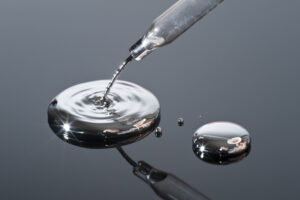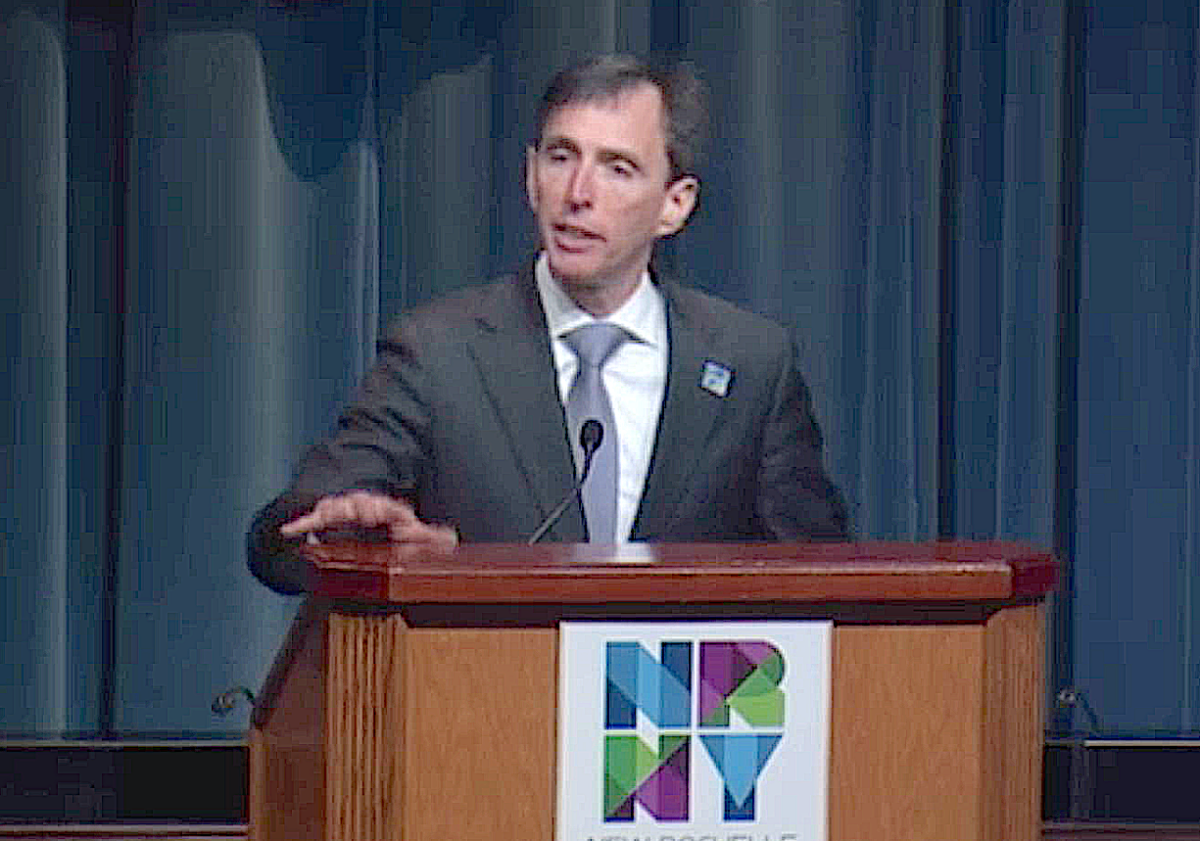United Alloys and Steel Corp. has admitted complicity in the mercury contamination at a makeshift smelter in Rye Brook and has agreed to pay $260,000 as part of a $7 million cleanup at the EPA Superfund site.
U.S. Attorney Damian Williams sued United Alloys on March 8 in U.S. District Court, White Plains, to recover cleanup costs on behalf of the Environmental Protection Agency. Simultaneously, the government and the company filed a consent decree settling the action.

United Alloys, of East Aurora, New York, near Buffalo, admitted that it sent 17,254 pounds of scrap mercury for re-smelting at Port Refinery Co. Inc., in 17 shipments from 1980 to 1986.
Mercury is used commercially in electronic applications and for manufacturing industrial chemicals. It is classified as a hazardous substance, and in significant concentrations can cause severe neurological and behavioral disorders.
Port Refinery, despite its industrial-sounding name, was merely a backyard laboratory in a garage behind a house. It was owned and operated by a chemist, Edmund Barbera, from the early 1970s to 1991, to recover and sell mercury for dental fillings.
The property is bordered by houses and condominiums and is near Blind Brook High School and its athletic fields.
The lab was discovered and the property was designated as an EPA Superfund site in 1991. Barbera died in 1995.
The EPA has conducted two cleanups.
It spent about $6.4 million in the 1990s to demolish the garage lab and remove thousands of tons of contaminated soil and debris.
In 2004, mercury was detected in the groundwater, three ponds, and along a path between the high school and the Arbors condominiums. Empty shipping containers were found in two underground vaults on the Barbera property.
In one place, according to an EPA bulletin, the soil contained mercury at 1,300 parts per million, or 130 times the government standard.
The EPA spent another $7 million on the second cleanup, removing more than 9,300 tons of mercury-tainted soil and on other remediation measures.
United Alloys is the eighth company to be sued for the costs of the second cleanup. The government has recovered $3,079,392 — including United Alloys’ promised payment — or about 44% of the $7 million cleanup.
United Alloys’ assessment was based on its inability to pay its full share of the costs, according to a government press release.




















